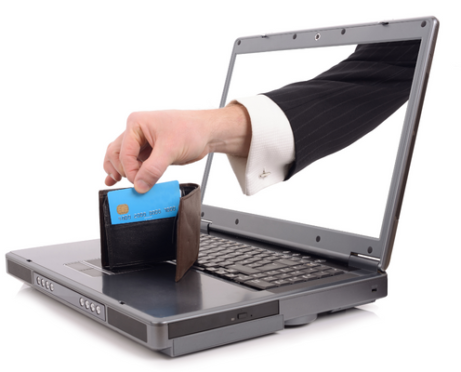
For every story about a successful entrepreneur who is living the good life, there are tons of others about those who are barely getting by.
There was once a time when I was one of those in the “not so fortunate” group of dream chasers. At first, the self-employed life appeared to be all I’d ever dreamed of and so much more, financially speaking. My list of clients was growing rapidly and the projects were rolling in. Then, out of nowhere, I hit rock bottom.
Suddenly I began to question my decision to leave the workforce and pursue my own passions. To make matters worse, my finances were in shambles because I was carrying too much consumer debt, didn't have enough saved, and had excessive expenses. Fortunately, I survived the drought and eventually bounced back.
Need a Business Loan? Get Your Free Quote >>
Are You Ready to Start a Business?
Nowadays when I mentor aspiring entrepreneurs, I urge them to prepare their finances for self-employment so that they won’t be forced to shut the doors on their business venture during those rougher months. Here are some key indicators that you aren’t ready to start a business:
- A too-small emergency fund
- Lots of credit card debt
- Excessive expenses
- Poor credit and difficulty with debt repayment
- A budget that doesn’t account for all necessary expenses
1. Your Emergency Fund Is Minimal
I’ll be the first to admit that I completely overlooked the significance of a heavily padded emergency fund when I made the leap. Stocking up three to six months’ worth of cash may work if you’re in a corporate job and you anticipate landing a new gig quickly if you’re laid off. However, entrepreneurship can be very unpredictable at times and force you to lean on your cushion for several months at a time to survive.
Build an Emergency Savings Fund With a Money Market Account — Get Started >>
2. You Have a High Credit Card Debt Load
Once upon a time, I had a love-hate relationship with credit cards. I didn’t need to live with them, but I couldn’t live without them. But I finally reached a point where I wanted out. And if you’re planning to become self-employed, you should probably do the same. But why? Well, credit card debt is very costly.
You don’t want to have to worry about having enough to make minimum payments each month while trying to get your business off the ground.
The same thing applies for all other forms of debt. A better option? Eliminate as much debt as possible before you start a business. That way, you give yourself one less expense to worry about.
3. Your Expenses Are a Bit Excessive
Unless you have investors lined up at your door, you’ll have to make sacrifices in order to make it as an entrepreneur. This could mean minimal retail therapy, spa visits, and meals out. It may also mean cheaper rent or a less fancy car. Simply put, you want to spend as little as possible on living expenses so you continue to invest in your business.
4. Your Credit Is in Shambles
If you’re already avoiding collection calls and you haven’t even made the leap yet, things will only get worse if you transition and your income becomes irregular. Your best option is to make payment arrangements with your creditors, knock out as much debt as you can, and rectify any errors on your credit report to put yourself in the best position possible before ditching your job.
Get a Free Credit Repair Consultation — Visit Site >>
5. Your Budget Can’t Withstand Mandatory Business Expenses
I sure hope you didn’t forget about health-care costs and taxes. When you’re self-employed, these expenses don’t automatically come out of your check. You’ll have to cough up the cash yourself. In some instances, the costs can be hefty. In fact, my health insurance premiums increased by $150 per month, and the 15.3-percent self-employment tax really took a nice chunk out of my wallet.
Final Thoughts on Starting a Business
I know you have a burning desire to get started, but overlooking your financial situation is a recipe for disaster. Do yourself a favor and be proactive so that you won’t be forced to make risky sacrifices — or even worse, close your doors during those slower periods when the money just isn’t coming in.










